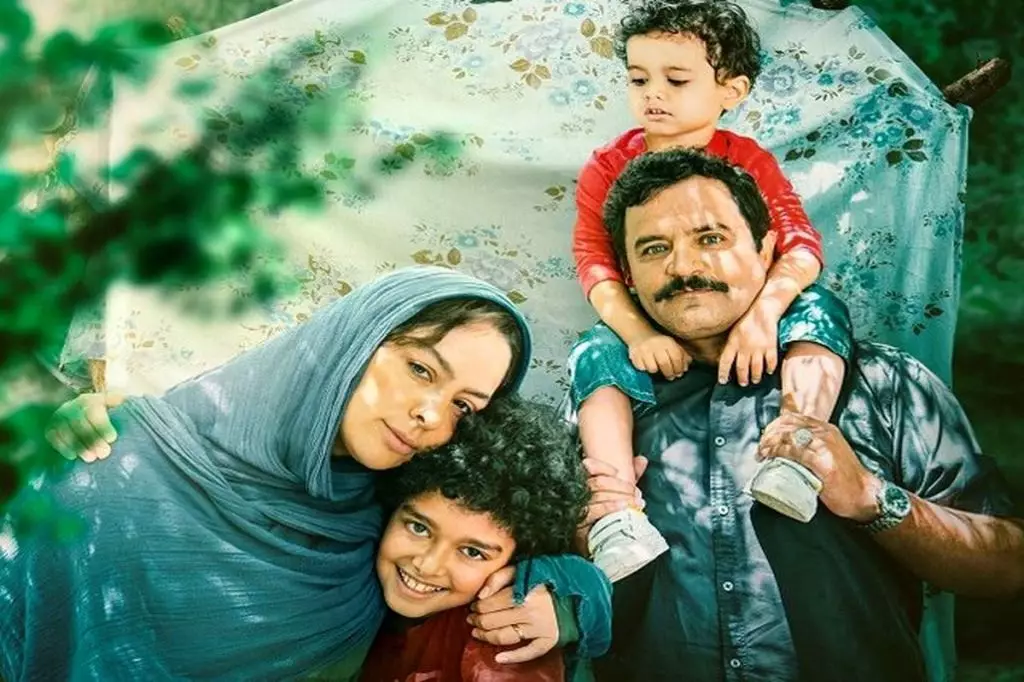In an important development within the realm of cinema, Iran has officially chosen the film *In the Arms of the Tree* as its entry for the Best International Feature Film category at the 97th Academy Awards. This decision was made public by the Farabi Cinema Foundation, which plays a pivotal role in promoting Iranian cinematic works. Such a selection process offers insights into the complexities and challenges faced by filmmakers in Iran, as well as the themes they choose to portray.
The selection process for the film was systematic and involved a nine-member committee that undertook a thorough review lasting approximately ten days. This rigorous process highlights not just a commitment to quality but also a desire to represent the nation authentically on a global platform. *In the Arms of the Tree* triumphed over two other notable finalists—*Isatis* by Alireza Dehghan and *The Silent City* by Ahmad Bahrami—indicating a selective vision in representing what Iran deems important in contemporary cinema.
Directed by Babak Lotfi Khajepasha, *In the Arms of the Tree* focuses on the intricate dynamics of a couple, Kimia and Farid, who are embroiled in a life crisis detrimental to their children, who are unaware of the darker complexities of adult life. This duality of innocence and crisis resonates universally and offers a microcosmic view of societal issues—perhaps a reflection of wider Iranian society itself. By showcasing the stark contrast between a child’s simplicity and the complications of adult life, the film invites viewers into an emotional journey that could provoke significant introspection and discussion on familial relationships.
It’s crucial to recognize how such films serve as vessels for social commentary, especially within the unique cultural and political context of Iran. The film’s dramatic focus on familial breakdown could be interpreted as not just a personal crisis but as a metaphor for broader societal issues, including the influence of the state on individual lives and familial structures.
The announcement of Iran’s submission comes amid a heated competition from various other countries, each showcasing their own cinematic narratives at the Oscars. For instance, France has opted for *Emilia Pérez*, a Spanish-language musical that tackles themes of identity and authenticity. The diversity seen in submissions reveals a global cinematic landscape teeming with different narratives and artistic expressions. The recognition garnered at the Cannes Film Festival indicates that these films are not just contenders for commercial success but are also appreciated on artistic grounds, as they tackle significant social and political themes.
Norway’s choice of *Armand* by Halfdan Ullmann Tøndel, which has gained accolades like the Camera d’Or, further exemplifies the trend of personal and culturally nuanced storytelling emerging from various nations. These films embody the rich tapestry of storylines and genres that reflect the societal issues pertinent to their respective cultures, suggesting the Academy’s appreciation for nuanced and layered storytelling.
Furthermore, the attention on Iranian films, and specifically on *In the Arms of the Tree*, plays into a larger narrative regarding the visibility of Iranian cinema on the world stage. Iranian filmmakers, including Mohammad Rasoulof—the director of *The Seed of the Sacred Fig*, also nominated by Germany—are often seen navigating a fractured political landscape. Their works are often imbued with themes of resistance and psychological depth, thus serving as vital cultural artifacts that address both the personal and political.
Thus, as the world anticipates the upcoming Academy Awards, one can view Iran’s selection as not merely a bid for an Oscar but as a powerful statement about identity, resilience, and the importance of storytelling in fostering understanding across cultures. With *In the Arms of the Tree*, Iranian cinema once again asserts its presence—inviting viewers to engage with its narratives, challenging perceptions, and revealing the complexities of human experience in a way that is both profound and penetrating.

